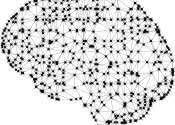COVID-19 pandemic uniting Canadians like no other event in decades
A new study by researchers from McGill University and the University of Toronto finds a cross-partisan consensus on battling COVID-19 in Canada. Unlike in the U.S., this consensus is fostering broad agreement on the threats ...









